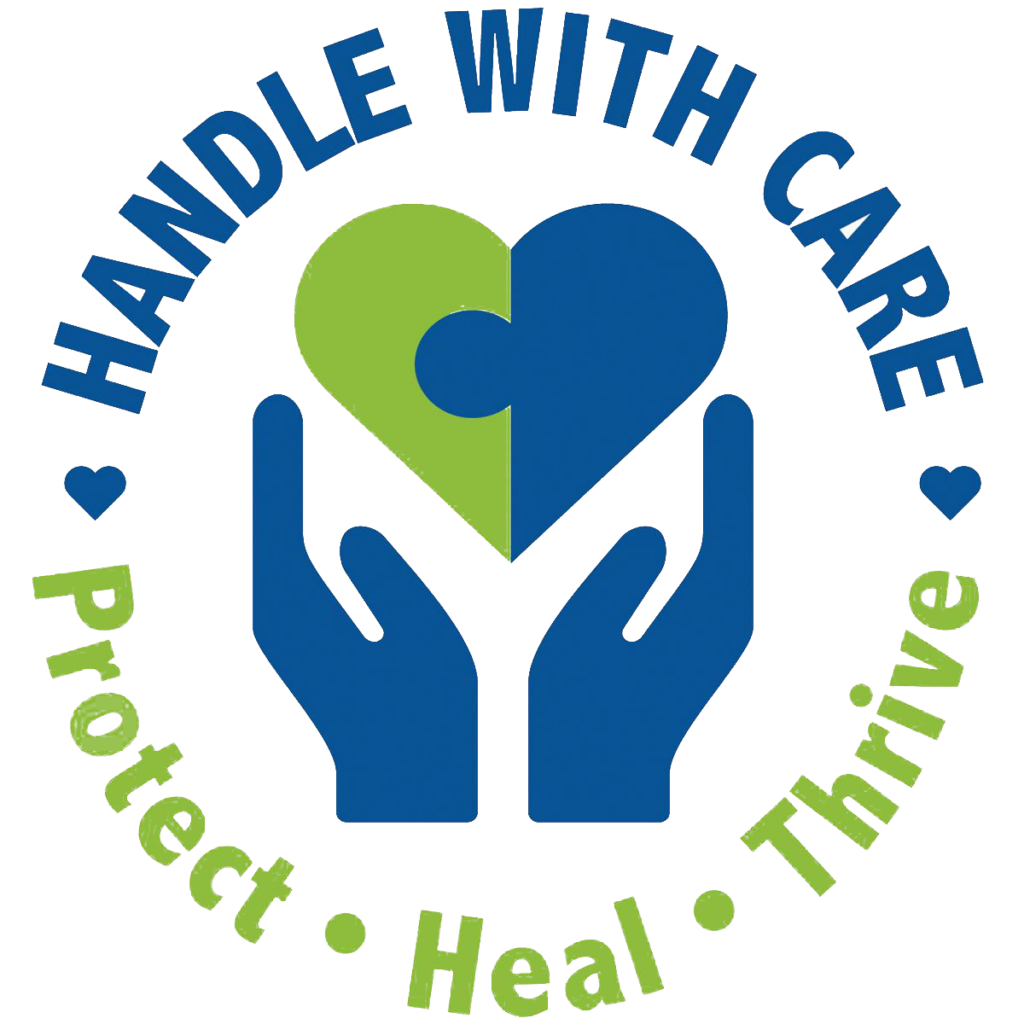Signs of Addiction
The first step to getting help is being able to recognize the physical, mental, and emotional signs, like abrupt weight or personality changes in your friends or family members. The following list of signs may indicate an adolescent is having a problem with substance abuse. However, each adolescent may experience signs differently which may include:
Physical Signs of Addiction

- Over-active or under-active (depending on the drug)
- Repetitive speech patterns
- Dilated pupils, red eyes
- Excessive sniffing and runny nose (not attributable to a cold)
- Looking pale or undernourished
- Clothes do not fit the same
- Weight loss
- Change in eating habits
- Unusual odors or body odor due to lack of personal hygiene
Behavioral Signs of Addiction
- Missing work/school
- Work/school problems
- Missing important engagements
- Isolating/secretive about activities
- Disrupted sleep patterns
- Legal problems
- Relationship/marital problems
- Financial problems (e.g. always needing money)
- Conversations dominated by using or drug/alcohol related topics
- Believing they need to use or drink in order to have fun
- Pressuring others to use or drink
- Getting in trouble at school or with the law
- Taking risks, such as sexual risks or driving under the influence of a substance
Emotional Signs of Addiction
- Irritability/Argumentative
- Defensiveness
- Inability to deal with stress
- Loss of interest in activities/people that used to be part of their lives
- Obnoxious
- Silly
- Confused easily
- Denial
- Lying, especially about if and how much they are using or drinking
- Avoiding friends and family members
- Giving up activities they used to enjoy such as sports or spending time with non-using friends
- Talking a lot about using drugs or alcohol
- Believing they need to use or drink in order to have fun
- Pressuring others to use or drink
- Rationalizing – Offering alibis, excuses, justifications, or other explanations for their using behavior
- Minimization – Admitting superficially to the problem but not admitting to the seriousness or full scope of the behavior or consequences
- Blaming – Placing the blame for the behavior on someone else or some event
- Diversion – Changing the subject to avoid discussing the topic
- Depressed, hopeless, or suicidal feelings
Three C’s
- Loss of control over the amount and frequency of use
- Craving and compulsive using
- Continued use in the face of adverse consequences
Resources created by MARR List (https://www.marrinc.org/signs-and-symptoms/)
If you or someone you love is struggling with substance use disorder, get help now. Check out the Resources Section for additional help.

